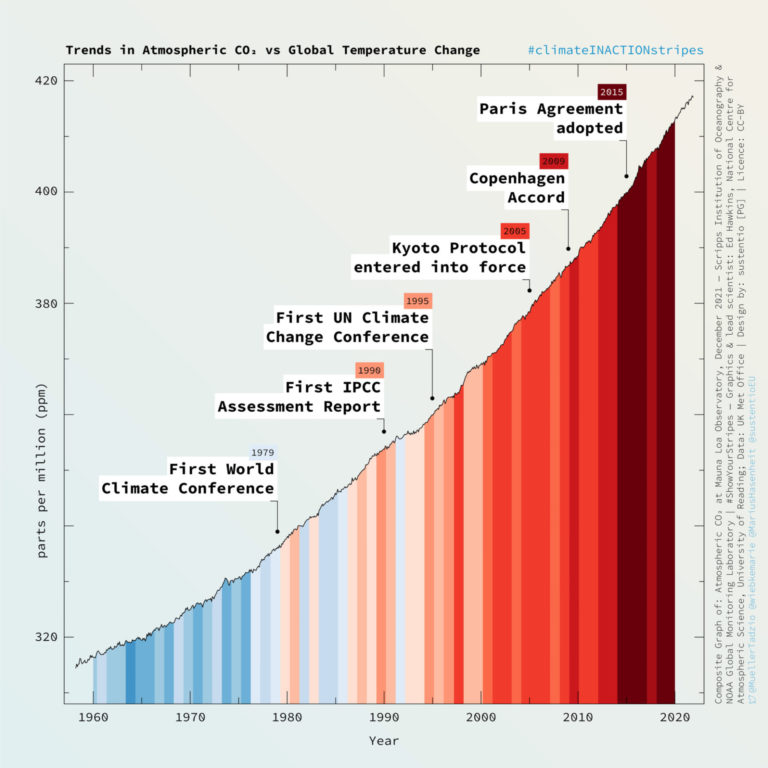 The carbon cost of beef is about 20 times more per gram of protein than it is for beans. Mediterranean diets are rich in vegetables, fruits, herbs, nuts, beans and whole grains, and include small amounts of dairy, poultry, eggs and seafood.
The carbon cost of beef is about 20 times more per gram of protein than it is for beans. Mediterranean diets are rich in vegetables, fruits, herbs, nuts, beans and whole grains, and include small amounts of dairy, poultry, eggs and seafood.(Shutterstock)
Kathleen Kevany, Dalhousie University
We have heard a lot about climate change, and we need to hear more about what we can do, individually and collectively, to address it.
How might we confront the challenges of the climate crisis — the environmental concerns, mental anguish, physical ailments and political entrenchment? How might we bring about the critical change that these times call for?
Plant-based diets offer one way forward — they have the potential to simultaneously help tackle the climate crisis, prevent disease and improve mental health.
For the past two decades, I have worked with colleagues to examine social, environmental and political challenges from a holistic perspective called systems thinking. This approach focuses on the way a system’s components interact and how different systems relate to one another. The approach helps identify systems solutions to current needs — and those in the future.
I have recently edited a book — Plant-Based Diets for Succulence and Sustainability — that offers systems analyses to address many of the drivers of the global climate crisis.
Plant-based diets for climate
An international coalition of scientists has recently measured, mapped and modelled solutions for stopping global warming, including managing refrigerants, building onshore wind turbines, reducing food waste and shifting to plant-rich diets.
Animal foods demand a greater input of resources like water, fuel and land, and contribute to deforestation and biodiversity loss, than plant-based foods. For example, the carbon cost of beef is about 20 times more per gram of protein than it is for beans.

(Shutterstock)
More sustainable land-use practices, a focus on restoring ecosystems and a shift away from resource-intensive diets could help decrease greenhouse gas emissions from food production. For example, cultivating plant-based foods, like dry peas and lentils in crop rotations enable the channelling of resources, like water, land and fuel, to increase the amount of food produced, reduce emissions from agriculture while enhancing soil health.
Eating to tackle disease
There’s compelling evidence to suggest that plant-rich diets offer health benefits.
Large studies of people living in western countries who consume diets richer in vegetables, legumes and grains show some protective effects. They are less likely to be overweight or suffer from ischemic heart disease (the build-up of plaque in the arteries) and are less likely to die from cardiovascular disease and kidney disease, for example, compared to people who regularly consume meat.

Mediterranean-type diets, which emphasize plant-based foods and protein sources, can decrease the risk of heart disease.
Nutrition for mental health
Canadians rank climate change as one of their biggest concerns for the future. This is leading to the phenomenon of eco-anxiety — feelings of intense anxiety or stress about a future where climate change will dramatically disrupt life as we know it.
Being angry or anxious about climate change isn’t a pathology. It is normal to have reactions to adversity — like feeling grief when a body of water is polluted or loss when a woodlot is cut down — and such reactions should not be considered abnormal or dysfunctional.
Read more:
The rise of ‘eco-anxiety’: climate change affects our mental health, too
An individual’s response to that anxiety can have positive impacts on the planet. One might fly less, choose a plant-based diet or walk more. These actions can also offer additional benefits, like better health, more pride of place and a greater sense of personal efficacy.
Frances Moore Lappé, author of Diet for a Small Planet, recently advised readers not to give into despair but to take suitable action.
When eco-anxiety takes on the forms of depression, paralysis or loss of well-being, however, it becomes more troubling. Yet some research shows that what you eat can affect your mood.
One study of healthy Seventh Day Adventist men and women found that vegetarians reported less negative emotions than those who ate an omnivorous diet. Another study found vegan men were less anxious and vegan women had lower stress scores than those who did eat meats.
Governments need to lead
Governments can adopt policies and practices that support more efficient, ethical and sustainable production of food. Not only would this help reduce emissions from food systems, showing environmental leadership would alleviate some of the anxiety mounting in many citizens.
Some governments, industries and citizens have been acting together for greater sustainability by envisioning and articulating a Green New Deal for Canada.
Read more:
The Green New Deal is going global
The collection of evidence is compelling that reducing food waste, increasing plant-rich diets, practising conscious consumption and improving food systems can help to improve mental and physical health and displace anxiety.
Collectively and individually we can heed the best in science, while also bringing out the best in humanity, by adopting proven strategies to address these pressing challenges.![]()
Kathleen Kevany, Associate Professor Sustainable Food Systems, Director of Rural Research Centre, Dalhousie University
This article is republished from The Conversation under a Creative Commons license. Read the original article.




17 Comments
Pingback: สล็อตวอเลท
Pingback: sig p320
Pingback: House for rent sriracha
Pingback: xo666
Pingback: Dan Helmer
Pingback: รวมเว็บพนันออนไลน์
Pingback: จำนำไอโฟน
Pingback: Apple gift card
Pingback: pragmatic play live casino เปิดให้บริการ เกมพนันอะไรบ้าง ?
Pingback: Alexander Brothers
Pingback: https://stealthex.io
Pingback: SKY Wind ค่ายคาสิโนที่ดีที่สุด
Pingback: กระเป๋าผ้ากระสอบ
Pingback: กระเบื้องปูพื้น ภายนอก
Pingback: discover here
Pingback: F1 shakes
Pingback: Penis Envy Mushroom Psilocybin for sale Oregon OR